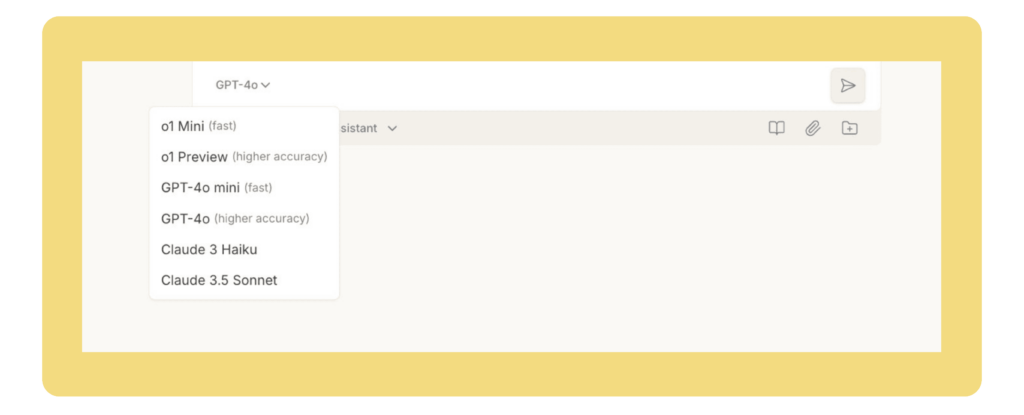As artificial intelligence becomes more integrated into legal work, the choice of platform is increasingly important. Legal professionals rely on technology not just to automate tasks, but to support work that requires precision, confidentiality, and compliance. Different areas of legal practice often require different forms of AI assistance—what works well for document review may not be suited for legal research or language translation.
An AI-agnostic platform addresses this by providing access to a range of AI models and providers within a single system. It gives legal professionals the flexibility to select the tools that best meet the specific needs of their practice, whether driven by jurisdictional requirements, data security policies, or the nature of the legal task itself.
In this article, we explore what an AI-agnostic platform is, why it matters for legal practice, and how it can support a more adaptable and sustainable approach to AI integration.
But first, what is an AI-agnostic platform?
An AI-agnostic platform is one that does not depend on a single AI model, vendor, or service provider. Instead, it gives users access to a range of AI technologies and language models, allowing them to select or switch between options based on specific needs or requirements.
For legal professionals, this approach has multiple practical benefits:
- Flexibility: Firms are not locked into a single provider or AI model. If business needs change, or if regulations evolve, they can adjust their technology stack accordingly.
- Resilience: By not relying on one AI vendor, firms reduce their exposure to service disruptions or changes in licensing terms.
- Choice of jurisdiction and compliance: Different AI providers may offer different compliance options. An agnostic platform allows firms to meet jurisdictional requirements, such as data residency and GDPR compliance.
Why does an agnostic approach matter in the legal practice?
The legal profession operates within frameworks that require precision, confidentiality, and strict adherence to regulation. Choosing AI tools should be no different.
An agnostic platform enables firms to:
- Control data security: Select where data is processed and stored, ensuring alignment with local regulations.
- Adapt AI use cases: Different AI models are better suited for specific tasks. Some are optimized for document review, while others may excel at summarization or language translation.
- Future-proof AI strategy: AI is evolving rapidly. An agnostic system ensures that firms can integrate newer, more advanced models without overhauling existing infrastructure.
How Saga applies this in practice
Saga’s AI platform has been designed with an agnostic architecture from the outset. It is built to give legal professionals choice—whether that’s using Microsoft Azure OpenAI, Anthropic’s Claude, or other models as they become relevant and compliant for legal use.
Data privacy and compliance are central to Saga’s implementation. Legal professionals can ensure that data never leaves approved jurisdictions, and all processing is done in line with regulatory requirements. The platform is structured so that customer data is never used for training or retained outside the firm’s control.
By providing firms with options, Saga supports a more resilient and adaptable AI integration strategy, without pushing one-size-fits-all solutions.

The above picture illustrates how legal professionals can select between multiple AI models within the Saga platform, ensuring flexibility and compliance for each legal task.
Future-proofing legal workflows through AI-agnostic designs
The agnostic approach allows legal professionals to stay focused on their clients and cases, without worrying about the underlying technology becoming obsolete or non-compliant. It also gives firms room to innovate, test new models, and improve internal processes on their terms.
For firms exploring AI for the first time or looking to expand its use, understanding whether a platform is vendor-agnostic should be part of the decision-making process. It ensures flexibility and mitigates risk in an area that is becoming increasingly important to modern legal practice.
